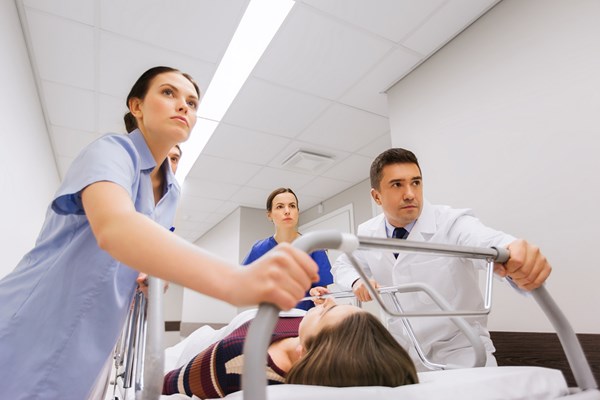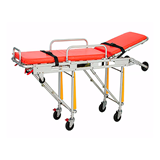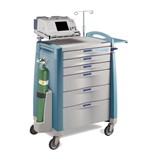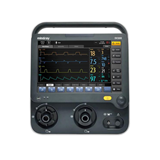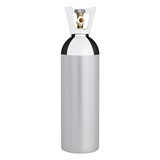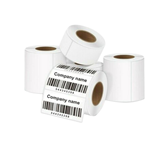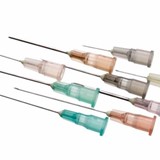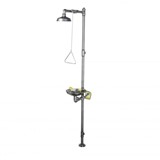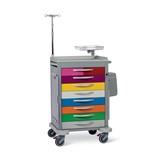Whether it's a single patient taking a dramatic turn for the worse or something affecting all staff and patients – a fire, earthquake or bomb scare - you need to be well prepared for your response.
Analyse the possible emergencies
Create an exhaustive list of the possible emergency scenarios. It doesn't matter how unlikely the emergency is; chances are if you're not prepared for an earthquake, that's exactly what will happen. So compile your list and group emergencies according to similar response methods – some of your procedures can be duplicated.
Assign staff and roles
It's a little like a set move in a rugby game – everyone knows where they're supposed to be and what they have to do. They act individually, but operate as a team. Draw up a game plan for each emergency procedure. What is the role of each staff member? Who deals with patients? How do you deal with immobile or bedridden patients? Who calls emergency services? What exits will you use depending on the circumstances? Are medical records safe? Work out your procedures in minute detail and consult emergency services for advice wherever necessary.
Rehearse
Nothing prepares you for a great performance under pressure more than practice. Hotels and office buildings have fire drills, so why not you even if you're a small, single occupier building? Have regular full dress rehearsals. Perhaps these could be conducted out of office hours to avoid disruption and complaints. Family and friends can stand in as patients. Make each practice as authentic as you can. The more seriously you take it, the better placed you'll be if the real thing happens.
Get equipped
Do you have all the necessary emergency equipment to deal with any eventuality? Again, consult with your local services to find out what you need. Are your current staff rosters sufficient to cope in a crisis with a full waiting room? Is a generator a good idea? Losing power in the middle of a delicate procedure is only a disaster if you don't have backup in place.
Get in touch
Your practice needs to have an up-to-date list of all emergency services in your local area. You should also compile a detailed list of other nearby medical facilities in case you can help each other out in a crisis. Last but not least, you may need additional medical supplies in a hurry, so list all pharmacies and medical suppliers. Keep all lists in a safe place where staff can access them quickly.

